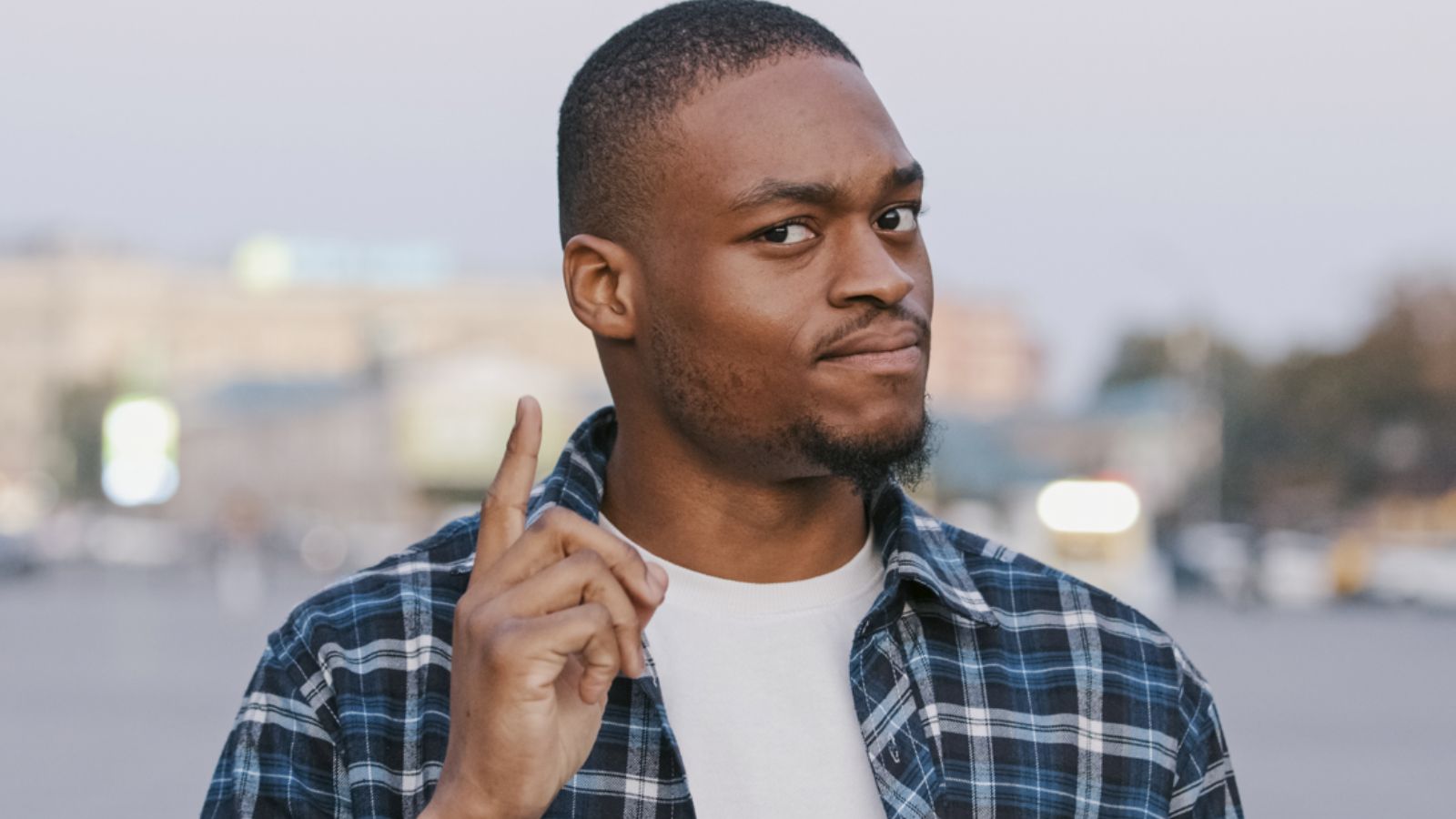The firearm debate has become just as much a part of American culture as apple pie and baseball. These reasons are complex and multifaceted, reflecting a combination of constitutional rights, personal safety concerns, cultural values, political beliefs, and historical significance. Here are 16 reasons why Americans don’t want to give up firearms.
Constitutional Right

The Second Amendment guarantees the right to bear arms. “A well regulated militia, being necessary to the security of a free state, the right of the people to keep and bear arms, shall not be infringed.” Even some non-gun owners stand by the right for Americans to own guns because our Founding Fathers found it important enough to make the 2nd Amendment in the Constitution, which makes it a right we cannot have taken away.
Personal Protection

A major reason for owning a gun is for protection, with about 72% of gun owners citing it as a main reason, according to the Pew Research Center. Owning a gun can give people a sense of security in dangerous times. Knowing they can protect their home and family can give them peace of mind.
Hunting

Some Americans, mostly rifle and shotgun owners, own guns for hunting purposes. Environment says, “If hunters do what they do in moderation, they provide significant benefits to their ecosystems by participating in the food chain. However, overhunting can have irreparable consequences that destroy the balance of the world. Such reasons are why it is essential to listen to Indigenous people and hunting laws to guarantee the safety of each species on Earth.”
Sport Shooting

Recreational activities such as sport shooting are also reasons for gun ownership. Skeet shooting, going to the shooting range, and other gun-related activities can be a form of stress relief for people.
Cultural Tradition
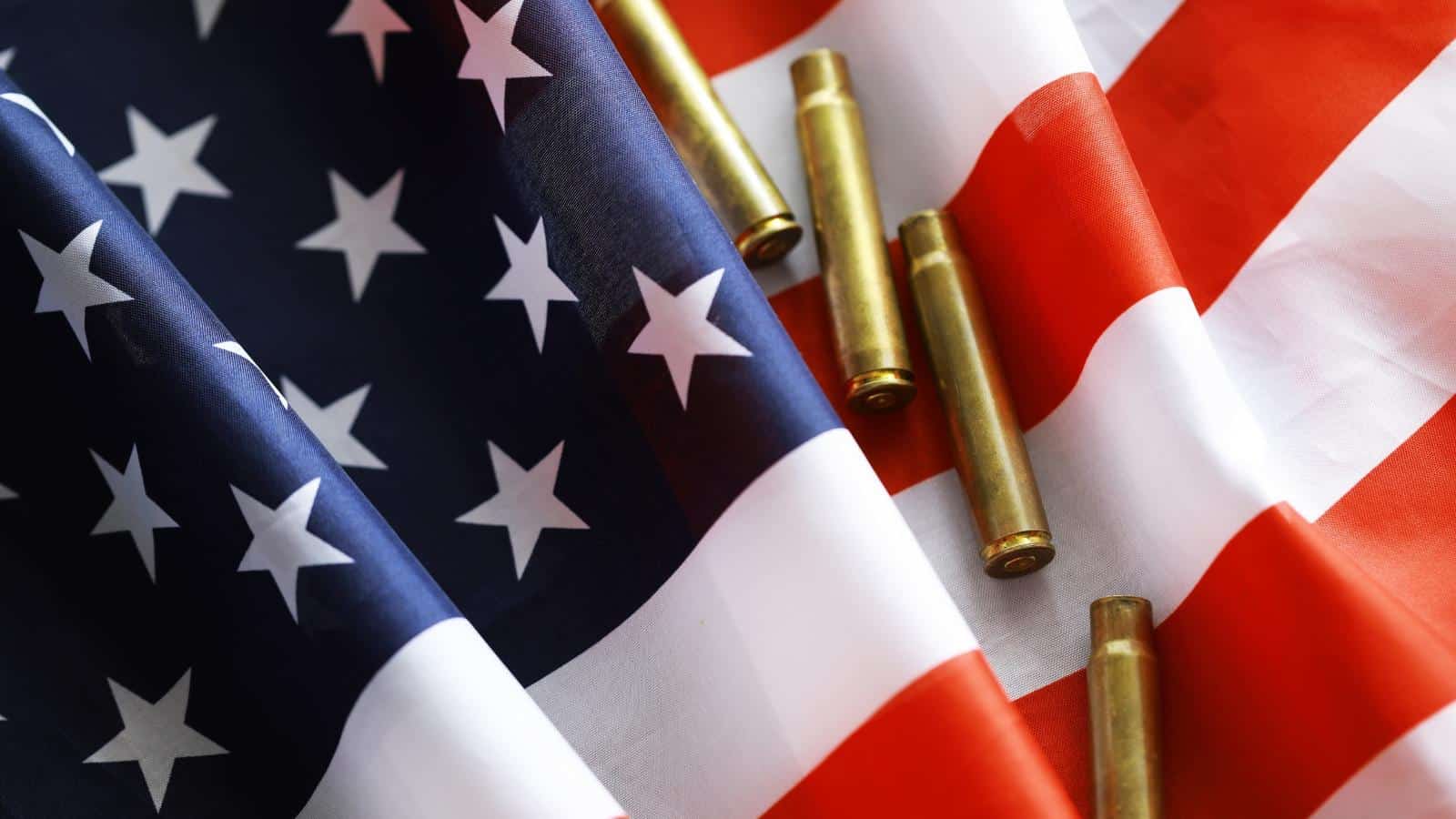
Since our country was founded, we have had the freedom to own guns. Many families pass heirloom firearms down to the next generation. And learning how to shoot is a right of passage in many homes. Guns are seen as part of American heritage and family traditions.
Self-Identity

For many, owning a gun is tied to their sense of personal freedom and identity. While gun owners and non-owners tend to agree on most top-tier constitutional rights, one key difference is the extent to which owners associate the right to own guns with their sense of freedom. According to Pew Research, 74% of gun owners say this right is essential, compared with 35% of non-gun owners.
Community Safety

Some believe gun ownership increases community safety by allowing law-abiding citizens to protect themselves. Statistically, break-ins and home invasions are less likely in areas where more residents tend to own guns. Most criminals are unwilling to risk their safety if there are “easier” targets elsewhere.
Fear of Crime

We have more access to news and police activity and reports than ever before, because the perception of rising crime rates and the desire for self-defense motivate some to own firearms. It is easy to become wrapped up in fear, and guns can be a solution to that feeling.
Distrust of Government

The writers of the Constitution added the right to bear arms because of their distrust of previous governments. They wanted to make sure America’s future was in the people’s hands rather than a government that could become too powerful. There has been historical evidence that governments can do awful things when they have no checks and balances, and an armed society can be that check.
Rural Lifestyle

Guns are more common and considered necessary in rural areas for various reasons, including wildlife management and hunting. People in rural communities are also less likely to trust the government because of their disconnection from politicians, who tend to be in the cities. There is also less likelihood of police being nearby if they are needed.
Political Affiliation

Republicans and conservatives are more likely to own guns and oppose gun control. Conservatives believe gun control measures only take guns out of the hands of law-abiding citizens, not criminals, while Democrats tend to lean toward the complete banning of firearms, claiming all guns are for crimes.
Economic Investment

Firearms are seen as financial assets that can appreciate in value. The College Investor says, “If you’re looking to invest in guns for the long term, then collectible is the way to go. Different collectors look for different things in firearms. But history is the most desired trait.” Cryptocurrency and stocks aren’t the only investments that can make money.
Resistance to Change

People don’t like change, and for good reason. Change makes things different, and different isn’t always good. People fear that violent crime could go up if gun rights are taken away from good gun owners. People also fear what else the government would take away if this essential right is revoked.
Self-Reliance

It’s easy to understand the self-empowerment that comes with not needing to wait for someone to protect you. The thought that by the time the police get to you, you could already be dead or harmed makes people want to be able to take things into their own hands. Hunters also enjoy the freedom of being able to provide their food without worrying about price increases or scarcity in grocery stores.
Social Influence

Peer groups and social circles that favor gun ownership can influence individuals to own guns. The NIH reported on firearm ownership and the “idea of belonging.” When one is in groups of gun owners or even non-gun owners, their opinions can heavily influence the perception of the issue.
Law Enforcement Support

Some believe that gun ownership supports law enforcement by deterring crime. If a criminal sees armed people in a bank, they are less likely to rob it. This frame of thought encourages the open-carry crowd as a way to help law enforcement and keep crime out of their neighborhoods.
Read More: Why People Aren’t Religious Anymore: 15 Simple Reasons
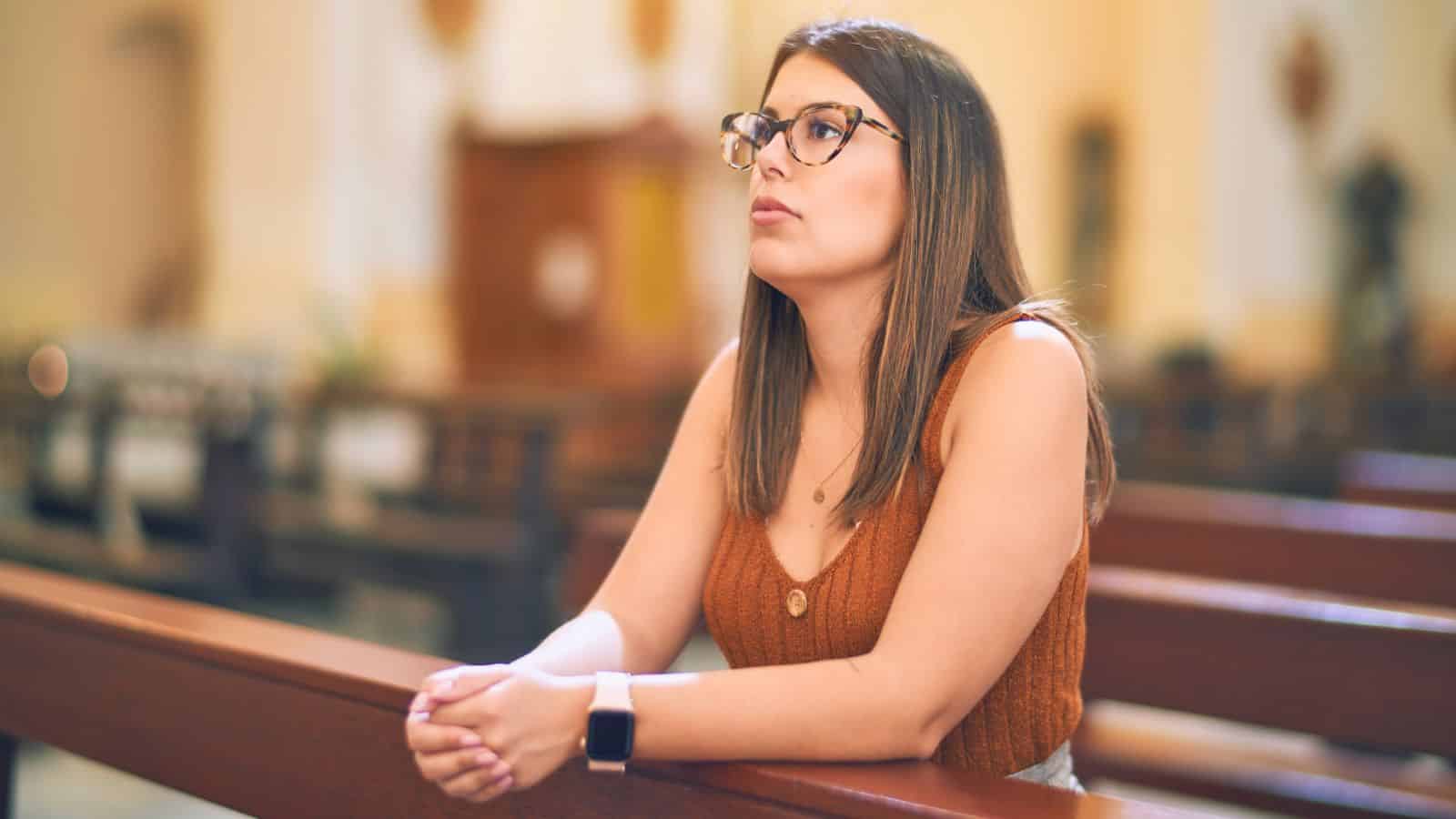
As society evolves, so does our approach to spirituality. This article looks at the subtle yet profound shift from traditional religious adherence to a more personal, evidence-based belief system.
Why People Aren’t Religious Anymore: 15 Simple Reasons
17 American Attractions That Not Even Americans Want to Visit

The United States of America—land of the free, home of the brave, and the location of some of the most ‘unique’ tourist attractions you’ll ever lay eyes on.
Get ready to chuckle, scratch your head, and maybe even facepalm as we look at 17 American attractions that not even Americans think are worth visiting.
17 American Attractions That Not Even Americans Want to Visit
17 Fairy Tales That Are Now Considered Racist
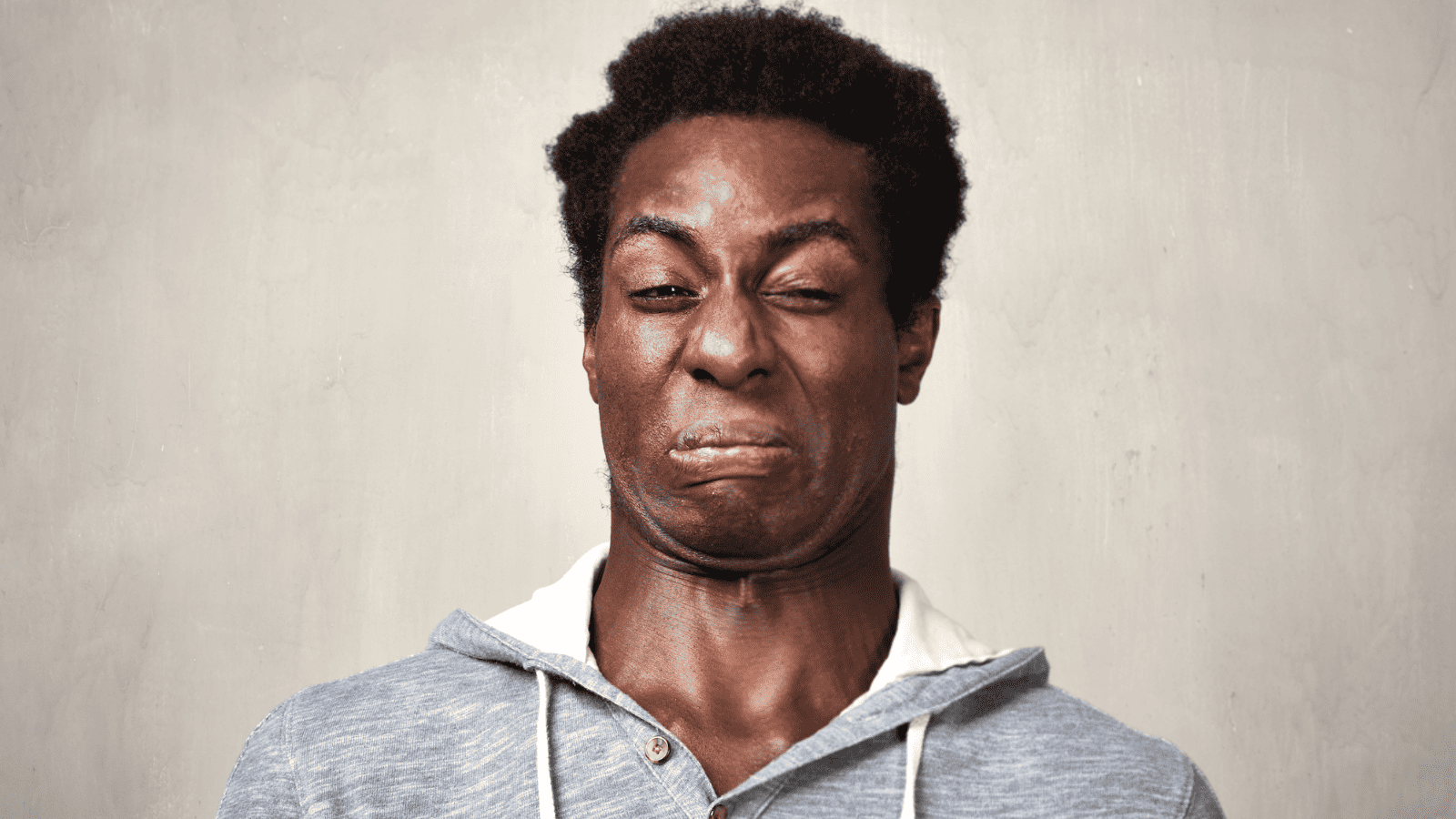
While fairy tales weave magical narratives that span generations, many emerge from historical and cultural contexts tinged with biases. Hiding in many of these tales, racial undertones can be found. Let’s look at 17 fairy tales that have deeper implications.
17 Fairy Tales That Are Now Considered Racist
18 Common Traits Found in Adults Who Had Unhappy Childhoods
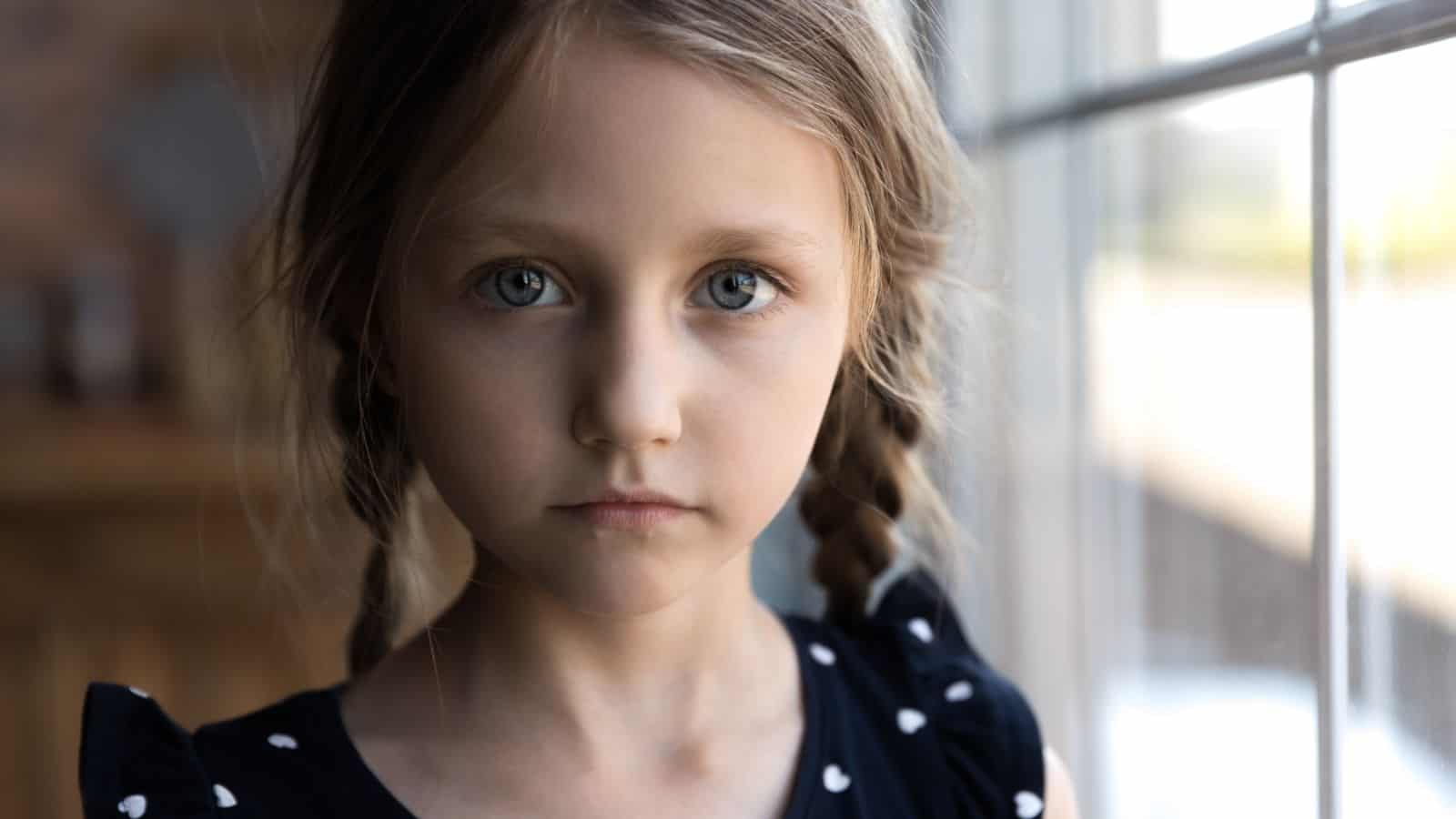
Being a parent is a hard job, so even those who are truly trying their best will often miss the mark on creating the best environment for their children. Unfortunately, this means that many of us grow up with far-from-perfect childhoods that affect us into adulthood. Here are 18 common traits found in adults who had unhappy childhoods.
18 Common Traits Found in Adults Who Had Unhappy Childhoods
18 Things Old People Just Can’t Get On Board with Today

Over the past few decades, society has evolved, and with it, so have a few things that older generations find it uncomfortable to get the hang of. While younger generations are easily able to adapt to these changes, some of which are drastic, others may be struggling slightly. Here are 18 things the elderly may have difficulty learning.

